When it comes to Plantar Fasciitis, the old adage “An ounce of prevention is worth a pound of cure” rings as true as ever. And luckily, by following a few key healthy habits, it’s possible to keep Plantar Fasciitis and heel pain at bay, allowing you to stay active and pain free.
What can you do to prevent Plantar Fasciitis? Take these 7 tips to heart!

1. Maintain a healthy weight.
Rapid or chronic weight gain is one of the biggest red flags for developing Plantar Fasciitis. Carrying extra weight puts a lot of strain on your heels, the ball of your foot, and your plantar fascia ligament (the area between your heel and the ball of your foot, also known as the arch), which puts strain on your arches and can lead to inflammation, pain, and ultimately plantar fasciitis. Eating right, and eating foods that are high in certain nutrients and have anti-inflammatory properties can also give you added protection against Plantar Fasciitis. Read more about the connection between nutrition and Plantar Fasciitis.
2. Always do a warm-up before exercise.
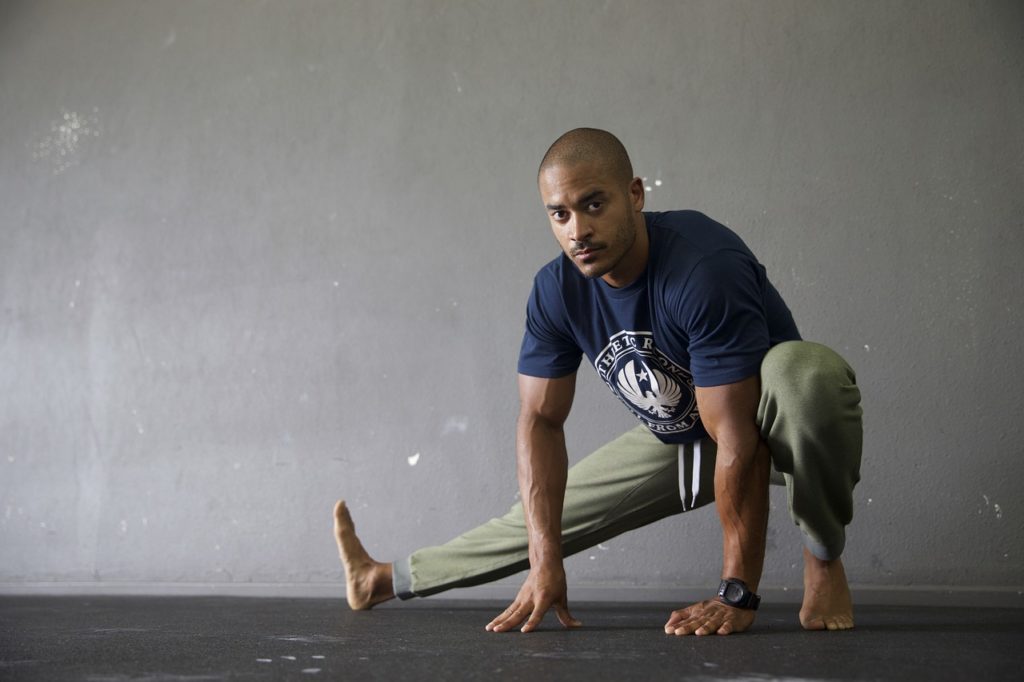
Nix the idea that a warm-up before exercising is “nice but not totally necessary.” Warming up and stretching your muscles prior to diving right in has a huge impact on how your muscles and tendons prepare for and respond to exercise. Tight or “cold” muscles aren’t able to stretch as easily, are more prone to injury, and are less able to perform and support other muscles and tendons–including the ones in your feet!
3. Wear the right shoes.
Wearing shoes that support your arch and heel is one of the best things you can do as far as Plantar Fasciitis prevention goes. Shoes that are the right size, cushion your heel with a thick sole, and don’t allow your heel to wiggle around are crucial–and not just when you exercise. Don’t make the mistake of wearing heels that strain your arch during the day, and then switching to supportive shoes to exercise. Any shoes you wear–or don’t wear–throughout the day have an impact on the health of your feet. In addition to avoiding unsupportive heels and flip flops, try not to go barefoot.
4. Empower your shoes.
Many people have the mistaken idea that wearing orthotics is something only people with full-blown foot conditions should do–and it couldn’t be further from the truth. Slipping a pair of heel seats or inserts designed for high arches into your favorite pair of shoes is an inexpensive and effective way to prevent Plantar Fasciitis, and a great alternative to buying expensive orthotic shoes.
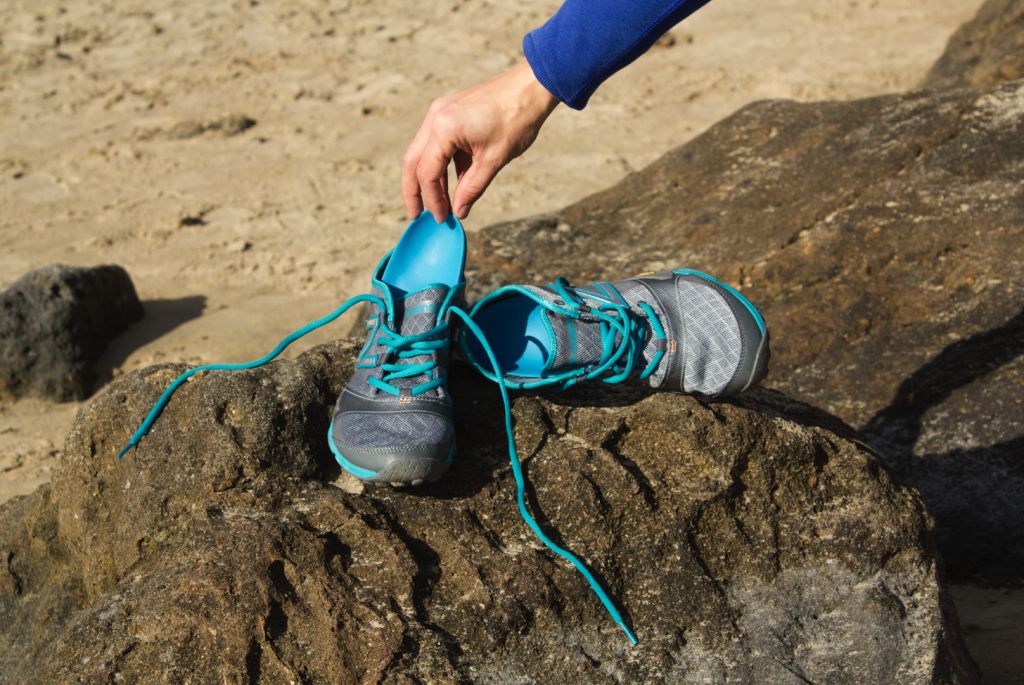
5. Run on soft surfaces.
You’ll keep Plantar Fasciitis at bay by making it a habit of running on soft, even surfaces whenever possible. Choose groomed paths in the park over sidewalks when it’s feasible, and run on turf in a track instead of the street when you can. Running on soft surfaces minimizes the impact your feet absorb as they hit the ground–meaning less inflammation and stress to your heel and fascia–and avoiding uneven surfaces means there’s less chance of landing wrong and twisting or straining a ligament or tendon.
6. Don’t over-do it.
One of the best healthy habits you can develop to not only prevent Plantar Fasciitis but a litany of other ailments is to listen to your body and know your limits. Focus on signs of pain and exhaustion as much as you focus on attaining your goals, and you’ll be able to avoid overexerting your muscles and tendons. Increase workout duration and intensity incrementally to help you avoid maxing out when you exercise and play, and don’t make sudden increases in how long or how intensely you participate in an activity.
7. Keep active.
Last, but most definitely not least, find ways to stay active on a regular basis. Carving out 10 or 15 minutes of activity every day, or every other day, will keep your muscles, tendons, and ligaments in your feet limber, better able to support you, and free of Plantar Fasciitis. Don’t think this has to be strenuous activity, or even that you have to put your gym clothes on. A walk around the block, 10 minutes spent stretching, or a friendly game of catch will keep you moving and limber!
Making these healthy habits a part of your regular fitness routine will not only help you prevent Plantar Fasciitis–it’ll help you stay active and enjoy life to the fullest by keeping you pain free. Your feet take you wherever you want to go; keeping them in good shape is one of the best things you can do to live a healthy, active life!

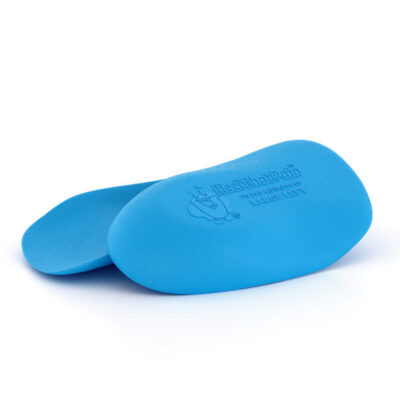
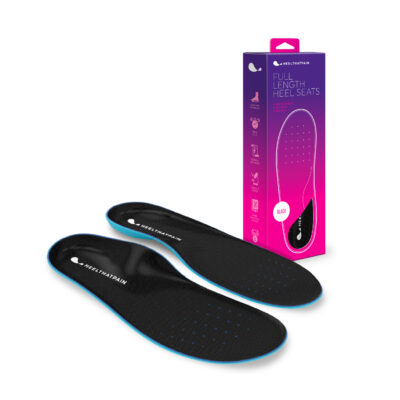
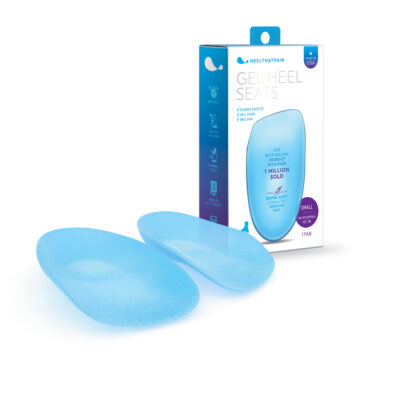
What’s the best support for flats and sandles?
Please add me to your mail list
Hello am having pain in my heel and the sole of my feet. Please if l order the HEELSEAT WRAP Can you deliver to Ghana for me.
Hi Alberta! We do ship internationally. You should be able to go through the regular order process online and enter your address in on the checkout page.